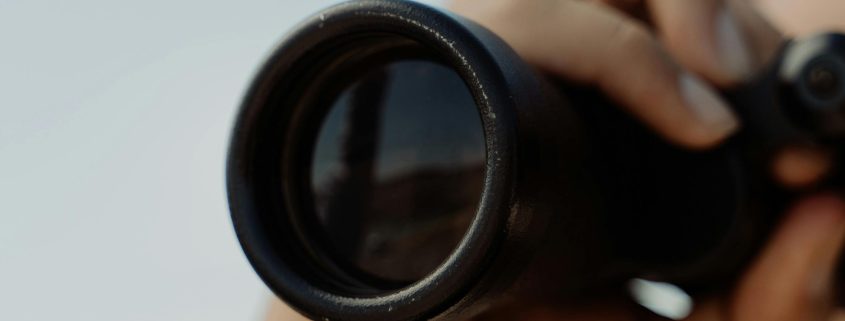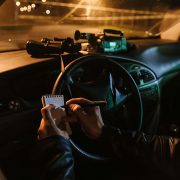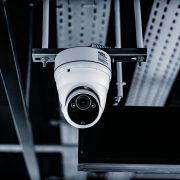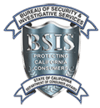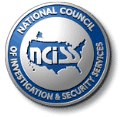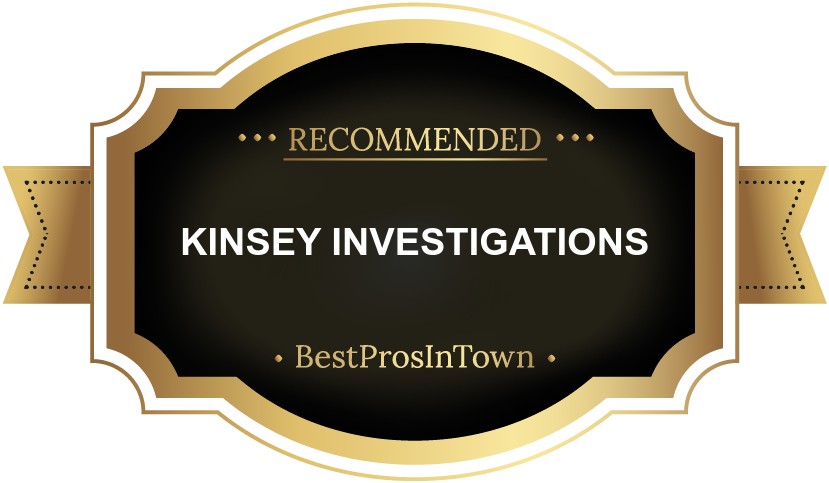Surveillance 101: How Private Investigators Legally Gather Evidence
Surveillance is one of the most powerful tools in a private investigator’s arsenal. Whether it’s for uncovering infidelity, exposing fraud, or gathering evidence for a legal case, surveillance allows private investigators (PIs) to discreetly observe and document activities. However, many people have misconceptions about what private investigators can and cannot do. Unlike what is often portrayed in movies, PIs must adhere to strict legal and ethical guidelines when conducting surveillance.
Understanding these boundaries is crucial, both for clients seeking investigative services and for PIs themselves. Illegal surveillance can lead to legal consequences, such as invasion of privacy lawsuits or evidence being dismissed in court. Professional PIs, like those at Kinsey Investigations, ensure that all their methods comply with federal and California state laws while still providing clients with the evidence they need.
This guide will walk you through how private investigators legally gather evidence, the different surveillance techniques they use, and the legal limitations they must follow. By understanding these principles, you can feel confident about hiring a PI to assist with your case while ensuring that all evidence obtained is legally admissible and ethically sourced.
The Different Types of Surveillance
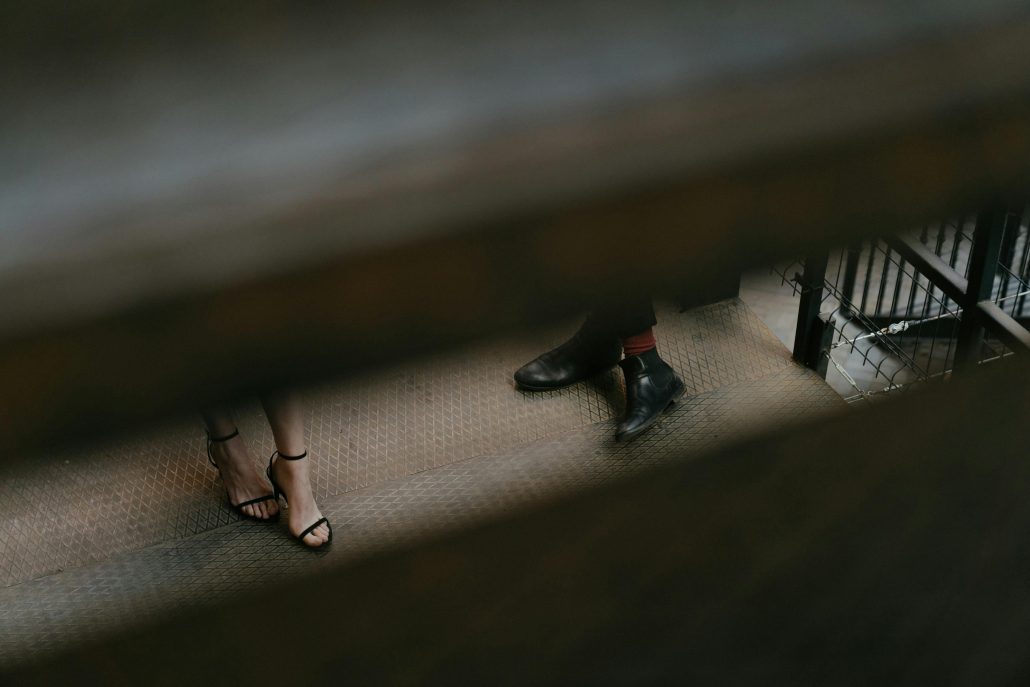
Private investigators use various surveillance techniques depending on the nature of the case. The most common types include:
1. Physical Surveillance
This involves monitoring a subject’s movements in person. PIs may follow an individual in a vehicle or on foot, document interactions, and gather information about their activities. They often use long-range cameras or binoculars to maintain distance while still capturing necessary details.
2. Electronic Surveillance
This type of surveillance includes monitoring digital activities, such as emails, social media, and online behavior. While PIs cannot hack into private accounts, they can gather publicly available data to build a profile or track suspicious activity.
3. Video and Photographic Surveillance
Capturing visual evidence is critical in many investigations, especially for cases involving infidelity, fraud, or insurance claims. PIs use high-quality cameras and sometimes drones (where legally permitted) to obtain footage that can support a client’s case.
4. GPS Tracking
In California, the use of GPS trackers is highly regulated. PIs cannot place a tracker on a vehicle without the owner’s consent. However, if the client owns the vehicle being tracked, a PI can legally install a GPS device to monitor its location.
5. Undercover Work
In some cases, private investigators go undercover to gather firsthand information. This might involve posing as an employee to uncover workplace fraud or visiting a business as a customer to document unethical practices. While legal, this approach requires careful adherence to state laws regarding misrepresentation and entrapment.
Legal and Ethical Boundaries of Surveillance
Professional private investigators must follow strict legal guidelines to ensure their evidence is admissible in court and does not violate anyone’s rights. Here are some key legal considerations:
1. Privacy Laws
PIs cannot trespass on private property, break into homes or businesses, or record conversations without consent. In California, recording a conversation without the consent of all parties involved is illegal, making wiretapping a serious offense.
2. Public vs. Private Spaces
Surveillance is legal in public places where there is no expectation of privacy. For example, a PI can photograph a subject in a park, a restaurant, or while walking down the street. However, peering into someone’s home or private office through a window is considered illegal.
3. Use of False Pretenses
While undercover investigations are permitted, a PI cannot impersonate law enforcement, hack into private accounts, or obtain information through identity theft. Ethical PIs gather evidence honestly and transparently within the bounds of the law.
4. Admissibility in Court
For evidence to be used in court, it must be obtained legally. Courts will dismiss any evidence that was gathered through illegal means, which is why professional PIs ensure that all surveillance methods adhere to state and federal laws.
Tools and Techniques Used in Legal Surveillance

Private investigators use a variety of tools to conduct legal surveillance while remaining discreet. Some common tools include:
- High-Resolution Cameras – For capturing images and videos from a safe distance.
- Binoculars and Zoom Lenses – To monitor subjects without direct interaction.
- Dash Cams and Body Cams – To document movements and interactions legally.
- Database Research – Accessing legal public records to build comprehensive reports.
- Social Media Monitoring – Reviewing publicly available posts and interactions to track patterns.
Why Hire a Professional Private Investigator?
While some people may attempt to conduct surveillance on their own, hiring a licensed private investigator ensures that all evidence is gathered legally and professionally. At Kinsey Investigations, we specialize in discreet, ethical, and effective surveillance strategies to help our clients get the answers they need while staying within the law.
Whether you need help with a personal matter like infidelity or a business concern like fraud, our team has the experience and expertise to provide you with solid, court-admissible evidence. Surveillance, when done right, can be a game-changer in resolving cases and bringing peace of mind to clients.
Why Choose Kinsey Investigations?
Surveillance is a crucial aspect of private investigations, but it must be conducted legally and ethically to ensure its effectiveness. Professional private investigators follow strict guidelines to avoid legal issues while providing clients with the critical evidence they need. From physical and electronic surveillance to undercover work and GPS tracking (where legally allowed), PIs use a variety of techniques to uncover the truth.
By hiring a reputable, agency like Kinsey Investigations, clients can trust that their cases will be handled with discretion, professionalism, and full compliance with the law. If you need reliable surveillance services in Los Angeles, contact Kinsey Investigations today to discuss your case.

